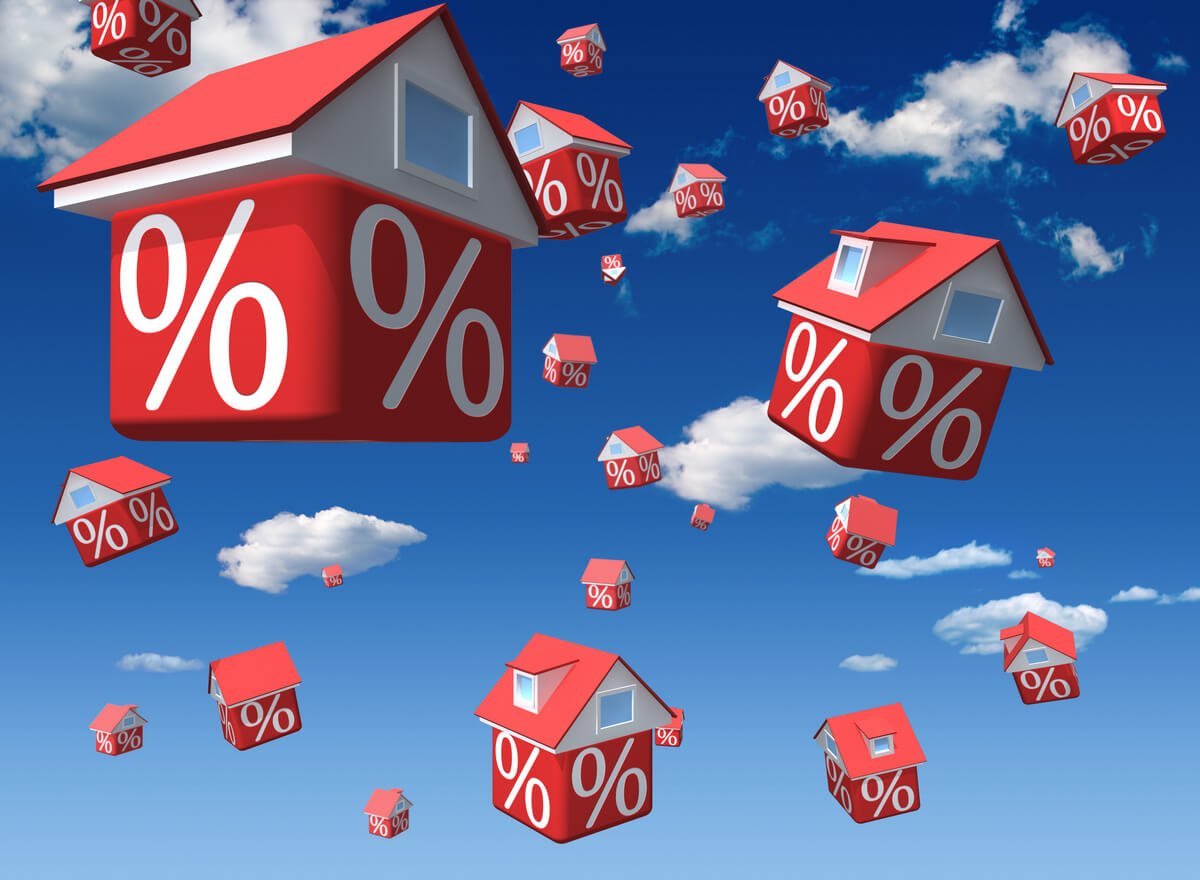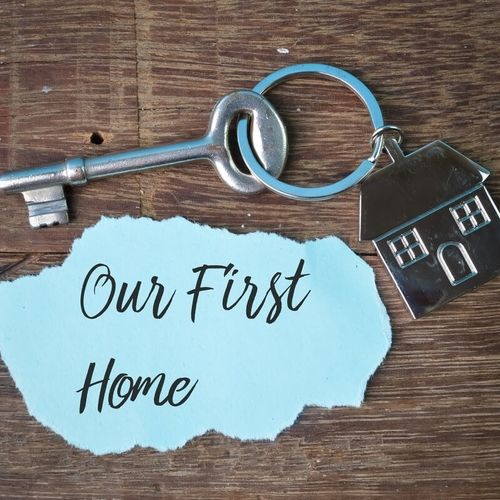If you’re in the financial position to pay cash for a house, it probably seems like a tempting opportunity. You can save tens of thousands of dollars by avoiding mortgage interest, and you free up a significant amount of monthly income since you don’t have a house payment. Being the true owner of the property also provides a sense of satisfaction and peace of mind that is hard to achieve when you have mortgage debt.
In many cases, buying a home in cash is a great decision. There are always exceptions to the rule, though, and you should always think carefully before making such a large purchase. Consider the pros and cons of buying a home outright to decide whether or not it’s the right financial move in your situation.

Pros of Paying Cash for a Home
Not only does buying a home in cash simplify the transaction, but it also can save you a good deal of money over time. Here are some of the key benefits of paying cash for your house:
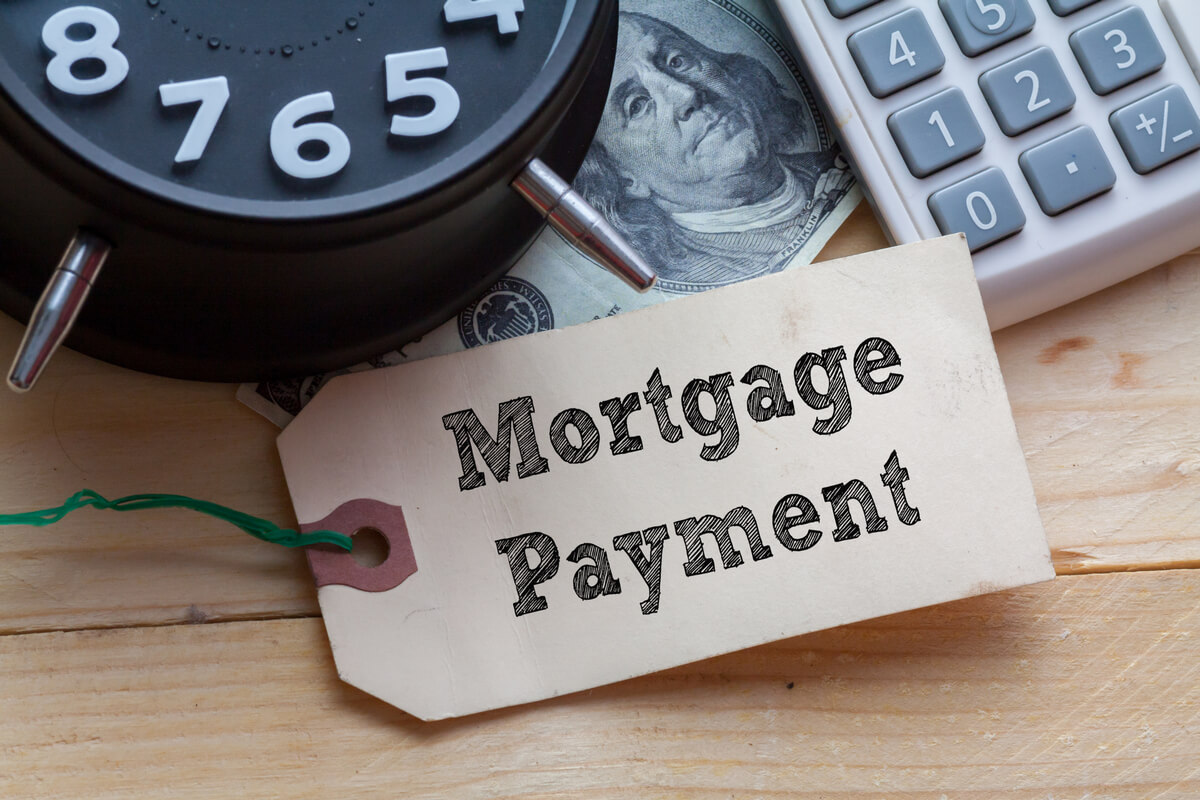
No Monthly Mortgage Payment
The most impactful benefit of buying your home in cash is that it eliminates your monthly housing payment. For most people, housing costs make up 30 to 50 percent of their monthly income. When you pay cash for your home, this money is now freed up for investing or for enjoying a higher quality of life.
Reducing your expenses by not having a mortgage gives you more financial security, too. An emergency fund can stretch much farther after a job loss when you don’t have a mortgage payment, and no matter what happens, you don’t have to worry about foreclosure.
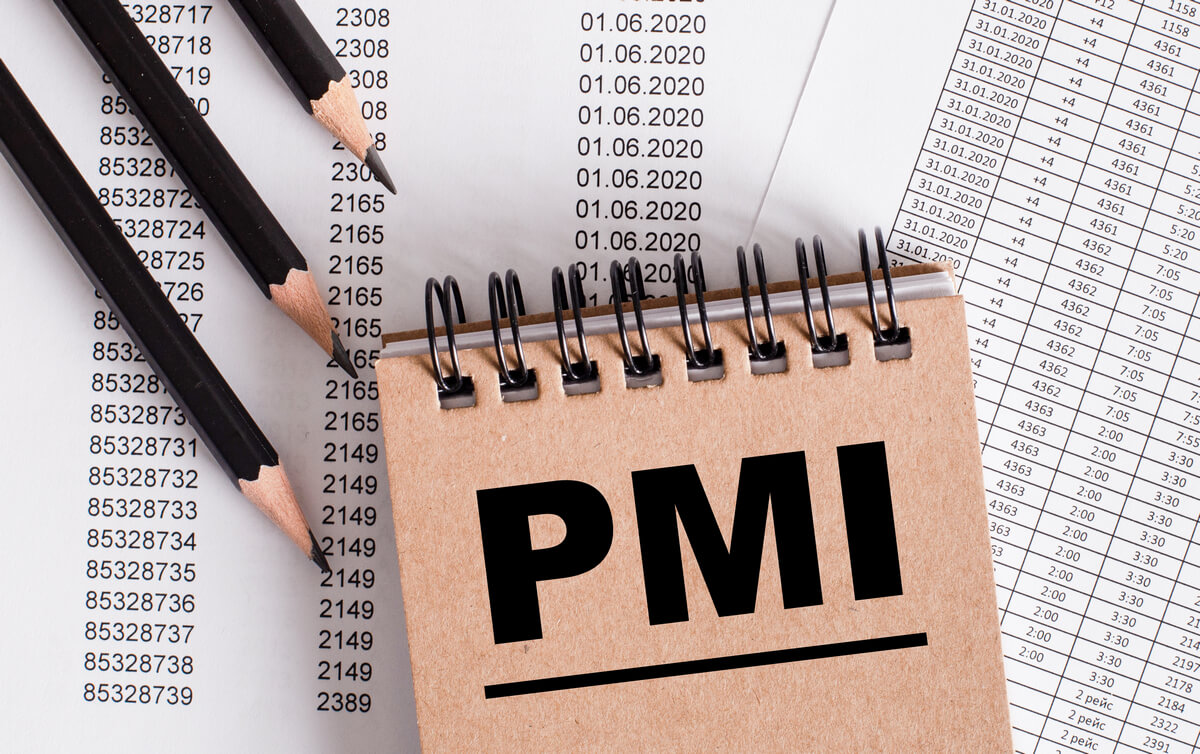
Savings on Interest and PMI
Even a 3 percent interest rate equates to thousands of extra dollars over the lifespan of a mortgage. You can reduce your total amount spent on the home by paying cash. You also won’t have to pay for private mortgage insurance, or PMI, which can save you a significant amount of money over the years.

Don’t Have to Secure Financing
Buying a home can be a lengthy and stressful process, but paying cash removes one major step. Getting approved by a mortgage lender can take weeks or even months, and it requires a massive amount of paperwork and documentation. The lender could fall through at the last minute, too, which can be incredibly frustrating.
When you pay cash, you have one less thing to worry about during the real estate transaction. Instead of being at the mercy of the mortgage lender, you’re in control of your financial situation. This means the closing process will likely be much faster, too.
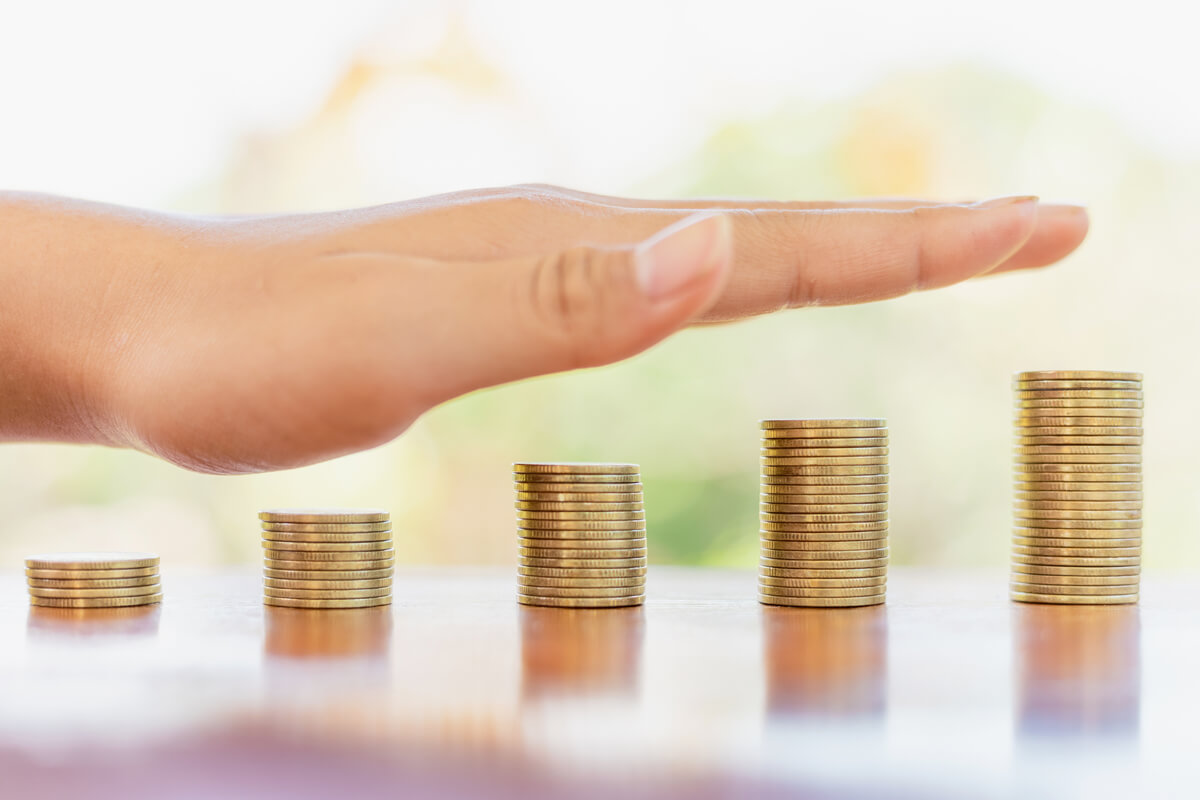
Possible Price Discount
Sellers know that getting approved for a mortgage is a lengthy and uncertain process, and they want to close on the deal just as much as you do. Homeowners will often offer a discount to buyers who pay in cash because they value the reassurance. In this case, you’re saving on the sale price of the house as well as on interest and PMI.
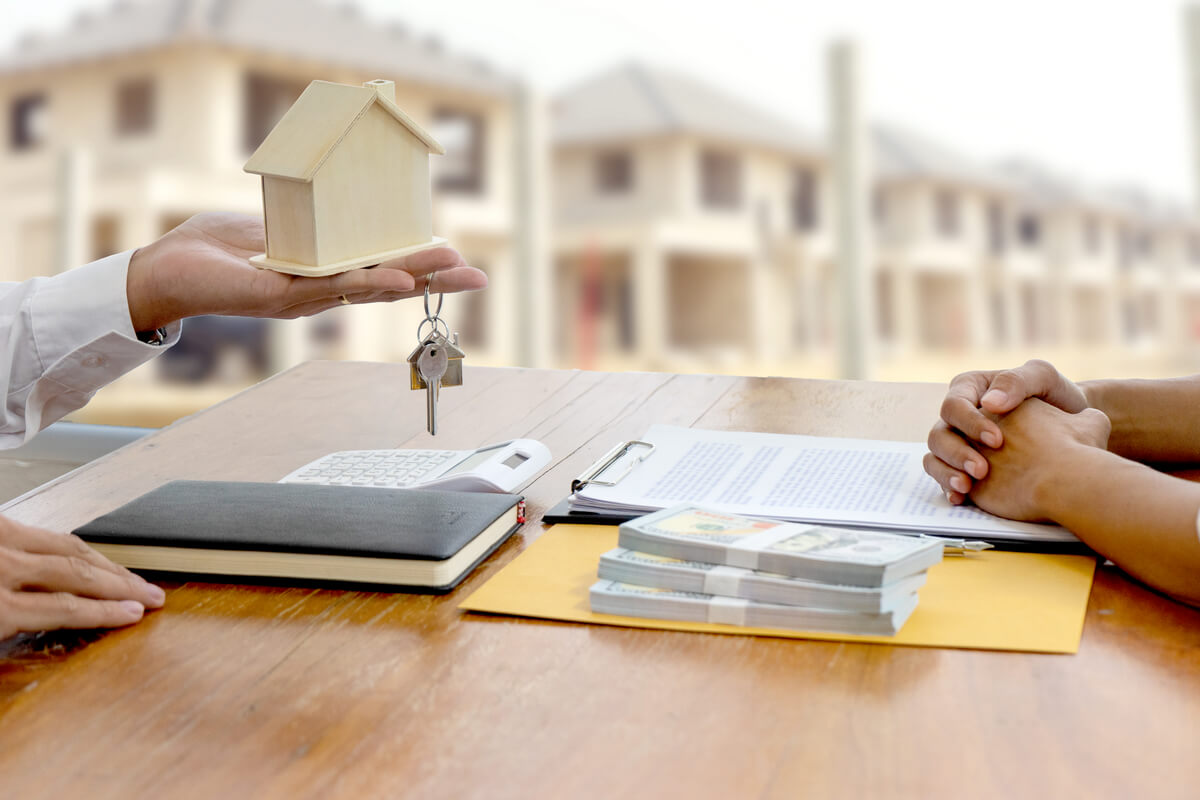
No Risk of Going Underwater
Owing more than you can sell your home for is a stressful situation. When you’re underwater on your mortgage, the best option is usually to wait for the market to change while you continue to make payments. If you need to sell your home, though, you have to come up with the extra money somewhere.
When you own your home outright, you never have to worry about this situation. You can sell the house at any time and for any reason, regardless of what the real estate market looks like.
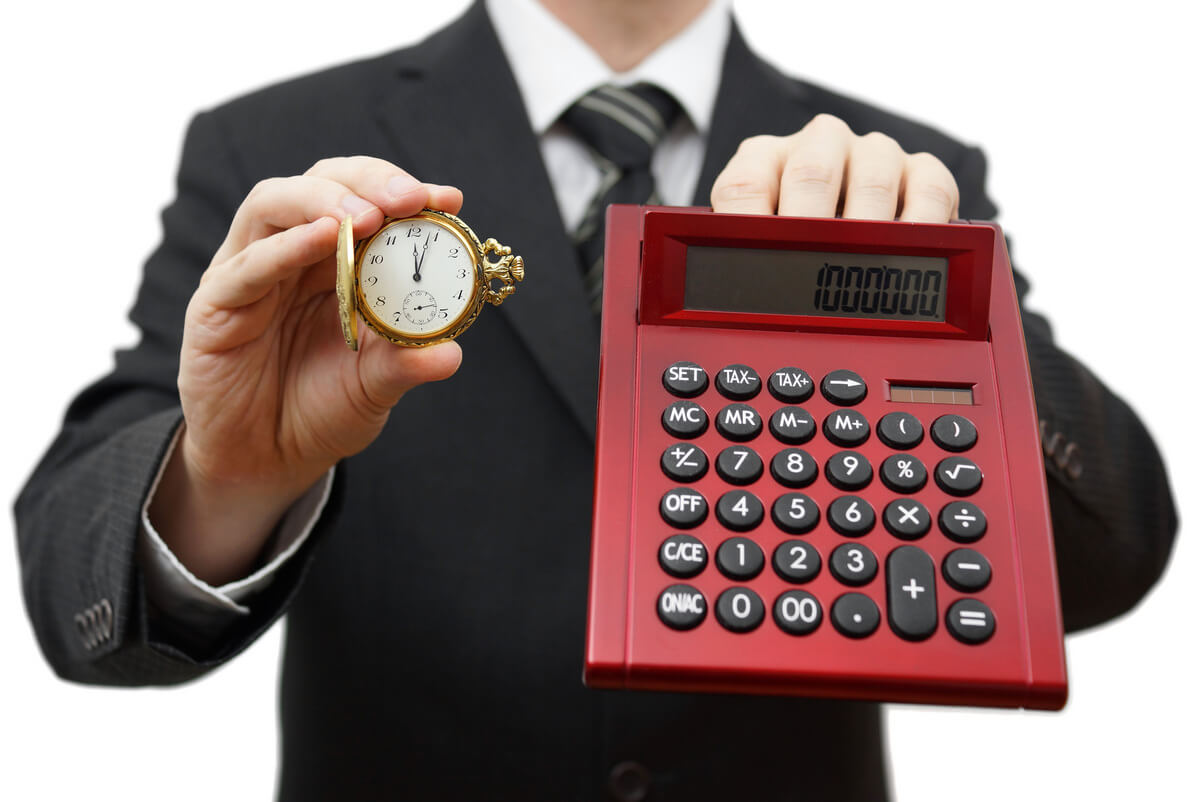
Cons of Paying Cash for a Home
Sometimes, there are wiser ways to use a large sum of money than buying your home in cash. Here are some of the most important downsides to be aware of when it comes to paying cash for a home:

Missed Opportunities to Invest
A sum of money large enough to cover the cost of a home could make a great investment. If you can invest the funds at a higher interest rate than your mortgage’s interest rate, you’ll end up with more money in the long run. Whether or not this is possible largely depends on the current mortgage rates and stock market returns.
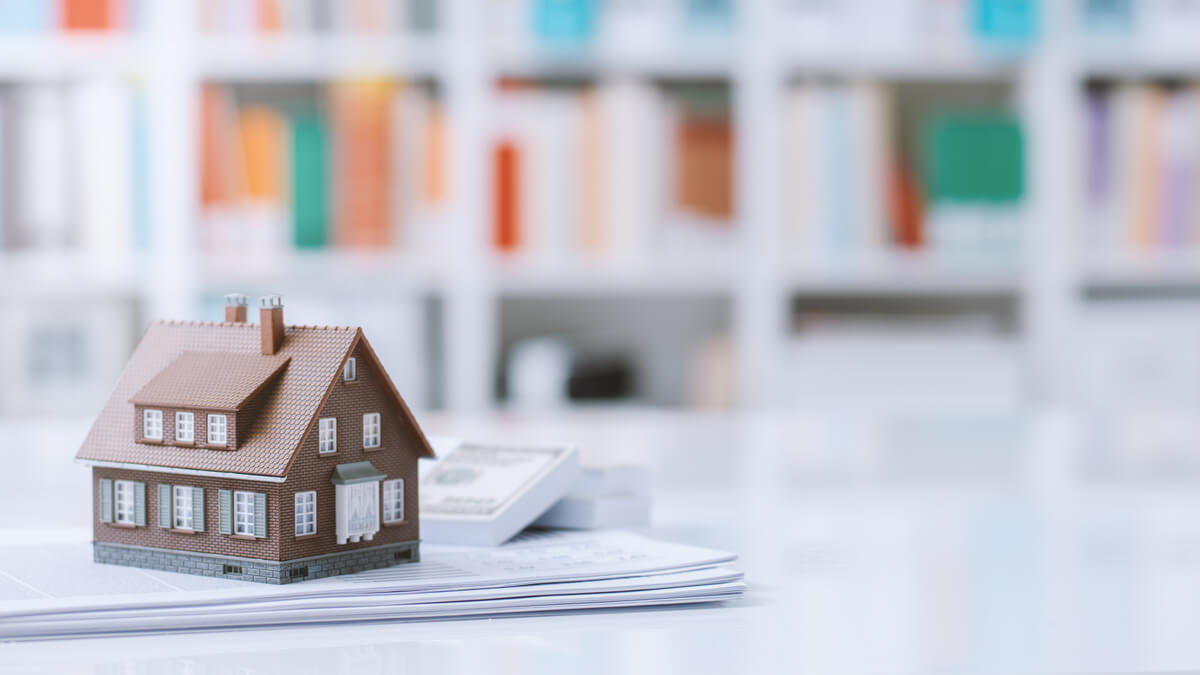
No Liquidity
Investments like stocks and bonds are liquid assets, so you can access the cash fairly easily in the event of an emergency. When you buy your home in cash, all of your money is tied up in the property, and it isn’t so easy to access it. You’d either have to sell the house or take out a mortgage on the property if you needed the funds.
If you do decide to pay cash for a home, it’s important to have a sizable emergency fund in a savings account or in a liquid investment. This gives you financial security in case you experience a job loss or need to make an expensive repair on the house.
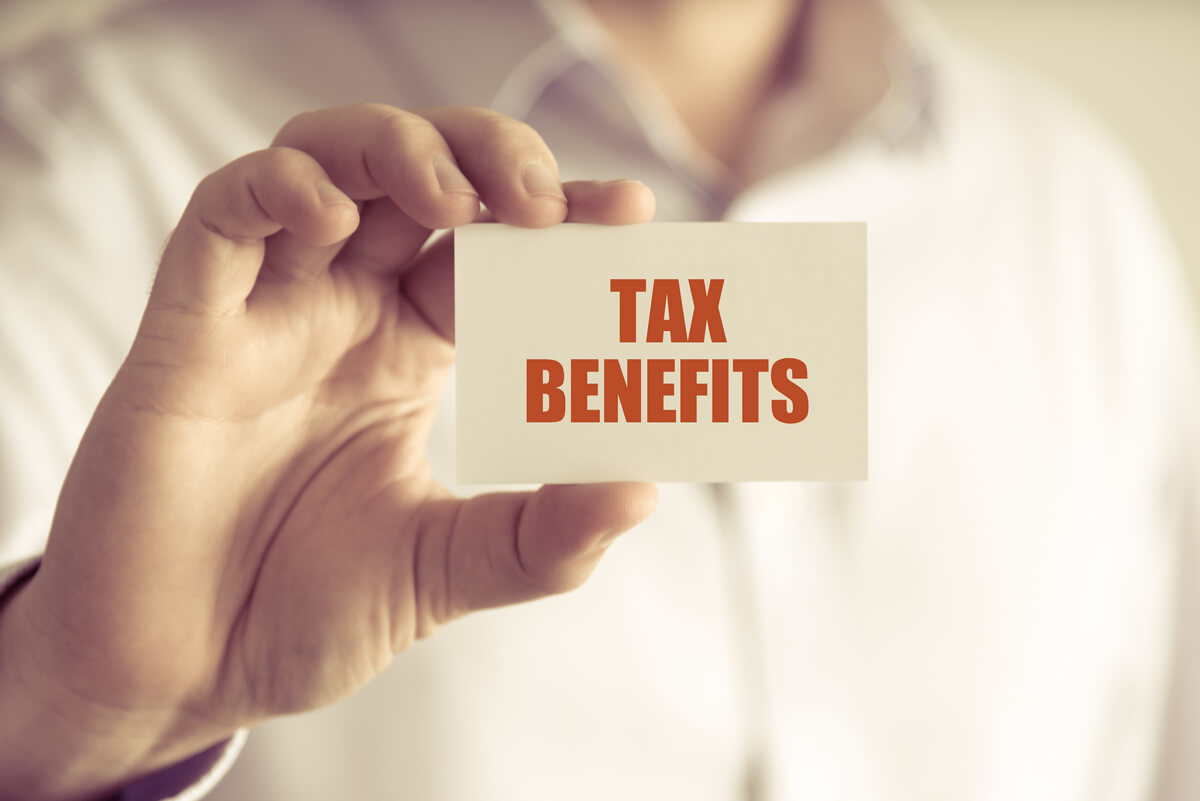
Fewer Tax Benefits
Homeowners who itemize their tax deductions can claim the mortgage interest deduction. In the first few years of homeownership, interest is a large portion of your monthly payments, so this is a great way to dramatically reduce your tax bill. Buying your home in cash prevents you from taking this deduction, so you miss out on the opportunity to reduce your taxable income.

Inflation
When you consider the money you save by paying in cash and avoiding interest, you also have to consider the effect that inflation has over time on a monthly mortgage payment. On a fixed-rate loan, your payment is the same in the first year and in the last year. In 30 years, a $1,000 payment will be worth significantly less than it is today. If you buy your house in cash, you can’t take advantage of inflation in this way.
If you have the funds to buy a home in cash, you get to choose between two good options: buying the property outright or getting a mortgage and investing the cash. Either choice will likely put you in a great financial position, so your decision depends on your personal preference. Those who prefer not to go into debt may choose to pay cash for their home, and those who see better investment opportunities may put their money elsewhere. Weigh the pros and cons, speak with trusted professionals, and listen to your instincts as you consider both possibilities.
————————
Michael Carr is the Co-Founder & COO of BrandFace, LLC. He is also a real estate branding expert and international bestselling author. As America’s Top Selling Real Estate Auctioneer, he has sold billions of dollars in commercial and residential properties.





